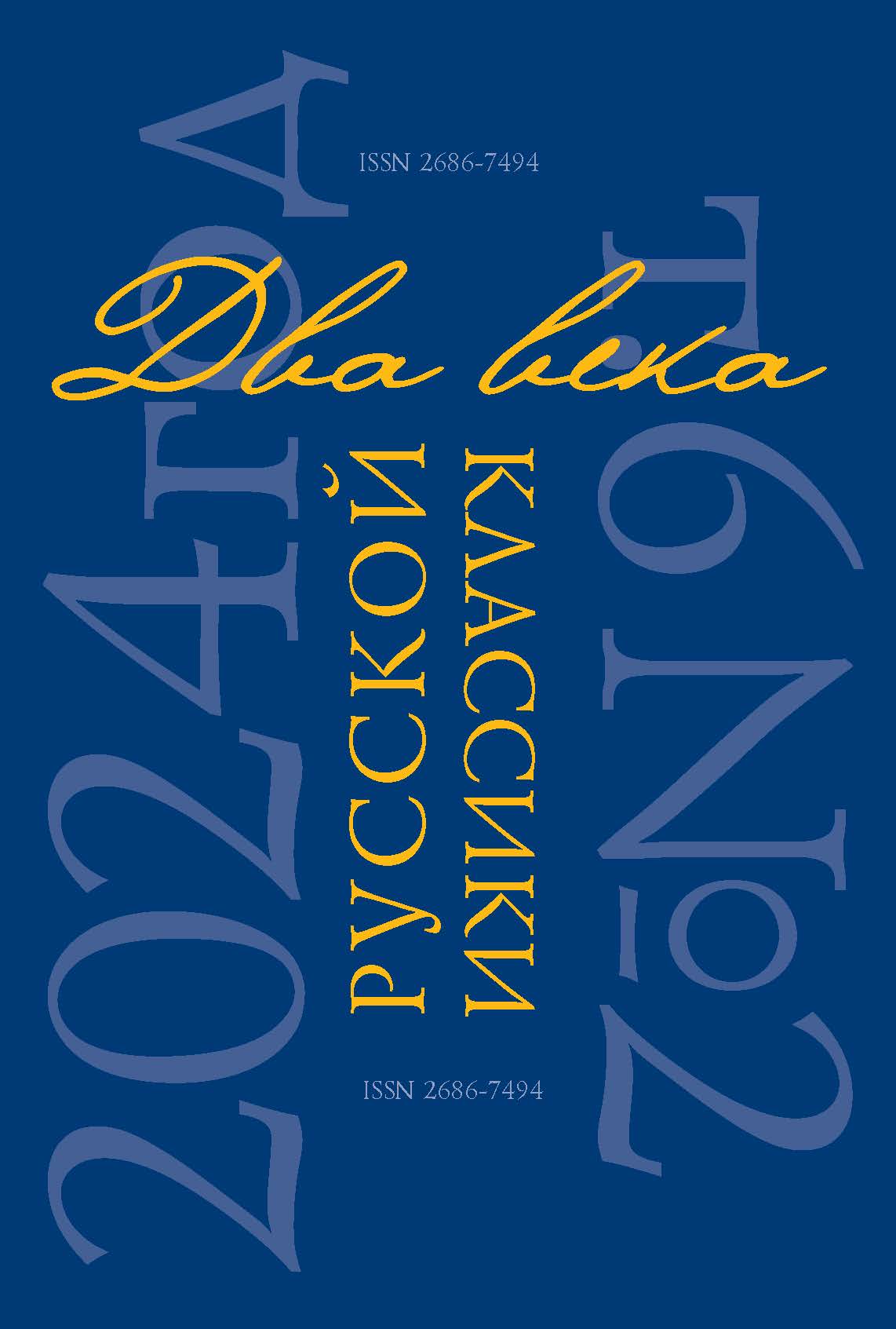Abstract: The article examines the poorly studied material concerning Tyutchev, dedicated to the interconnection of symbolism in the poet's works. Based on the analysis of poems, the article proves that the relationship between time and eternity (dating back to antiquity) is the main meaning-forming and connecting principle of Tyutchev’s symbolic system. The author pays special attention to the poem Day and Night, the quintessence of the poet's worldview. The analysis of the poems The Feast is Over, The Swan, The Soul Would Like to Be a Star given in the article makes it possible to understand that time in the lyrics of Tyutchev's nature is constantly associated with the change and movement that are characteristic of the bottom (“dolny world”, the world of “day”); eternity — with a state of immobility and immutability, characteristic of the upper, remote from the “dolny smoke” — infinite space. It is proved that due to the main philosophical opposition between time and eternity, the poet introduces new examples of oppositions, and strengthens the antithetical nature of his entire system. Tyutchev’s symbolic system splits into two hierarchical levels, opposite and at the same time interconnected with each other, each of which is represented by the corresponding links of oppositions, which, in turn, are assigned to a certain scale of values that determine the semantics of time and eternity.
References
Borovskaia, I. O. “Prostranstvo vo vremeni i vremia v prostranstve v poezii F. I. Tiutcheva” [“Space in Time and Time in Space in F. I. Tyutchev’s poetry”]. Filologicheskie nauki. Voprosy teorii i praktiki, no. 1, 2008, pp. 33–38. (In Russ.)
Golovanevskii, A. L., Sycheva, E. N. “Semanticheskoe pole ‘priroda’ v poeticheskoi aforistike F. I. Tiutcheva” [“Semantic field ‘nature’ in F. I. Tyutchev’s poetic aphoristics”]. Vestnik Brianskogo gosudarstvennogo universiteta, no. 1, 2015, pp. 246–250. (In Russ.)
Shakirova, L. G. “Tiutchev i Shelling” [“Tyutchev and Schelling”]. Mir nauki, kul'tury i obrazovaniia, no. 4 (71), 2018, pp. 433–438. (In Russ.)









